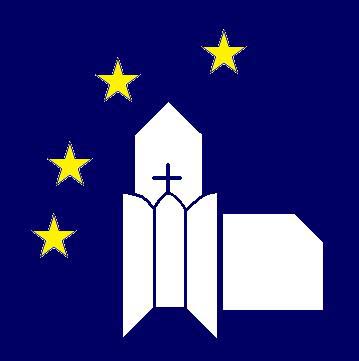QUESTIONNAIRE ON HUMAN RIGHTS & INDIGENOUS PEOPLES
1. Do you know about the Human Rights activities of the Council of Europe (CoE) on its bilingual website (English & French)? www.coe.int
2. Are you aware that CoE's Council of Ministers issued, in March 2016, 70 recommendations on Human Rights & Business to its 47 European member States? See:
https://search.coe.int/cm/Pages/result_details.aspx?ObjectId=09000016805c1ad6
A Spanish translation is available on our website www.en-re.eu ¹ together with an introduction and index in Spanish, French & English.
3. Do you know that Oxfam Australia has published guides and trainers' manuals for rural communities about FPIC (Free Prior Informed Consent) when, unexpectedly, faced with invasive engineers with theodolites? Click on: http://resources.oxfam.org.au/pages/search.php?search=!collection145&k=0edfe94f91
4. Do you know that the European Union has common legislation for its 28 member countries on the minimum requirements applicable in EU countries on environmental impact evaluations requirements for all new projects or extensions in Europe for extractive and other industries? See:
http://www.magrama.gob.es/es/calidad-y-evaluacion-ambiental/temas/evaluacion-ambiental/legislacion/
This website cites Spanish Government & EU laws governing environmental impact evaluations.
Ley 21/2013 de 9 de diciembre de Evaluación Ambiental (Spanish State Gazette pp 98161-98288)
states projects assessed negatively (p 98166) when there is a signficant increase of:
-emissions to the atmosphere;
-liquid residues to rivers or to the seaside;
-residue generation
-the use of natural resources
-the Natura 2000 Protected Areas are affected
-the cultural heritage is significantly affected
The 4 EU directives mentioned on the Spanish Government's website are certainly available in English & French and should be available in most European languages. We trust this information will help local communities in preventing the installation of contaminating industries on their lands, especially if promoters are from EU countries.
5. Can you help our Working Group Human Rights, Codevelopment & Migrations in citing examples of favourable codevelopment by extractive or other industries where local populations have benefited by the installation of these industries? If there are no favourable examples in your country, we would like to know that too.
Address for messages:
Best regards,
Hugo Castelli Eyre,
Coordinator Working Group Human Rights, Codevelopment & Migrations, Human Rights Committee, INGO Conference, Council of Europe
Unofficial Coordinator Publiquen lo que Pagan PLQP, Spain
¹ www.en-re.eu is the website of European Network Church on the Move, an accredited international NGO in the INGO Conference of the Council of Europe and a member of Publiez ce que Vous Payez, PCQVP, France
